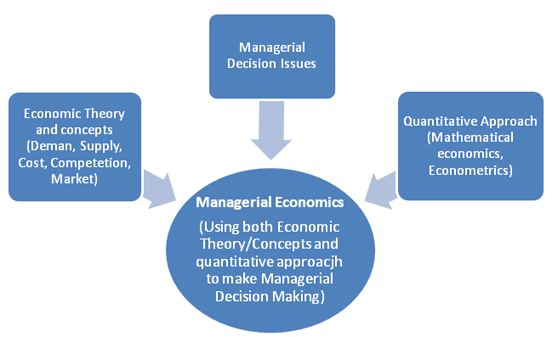What is Capital Account Convertibility and How it Affects a Country
April 3, 2025
 What is Capital Account Convertibility and How it Affects a Country
What is Capital Account Convertibility and How it Affects a Country
What is Capital Account Convertibility ? Capital Account Convertibility means that the currency of a country can be converted into foreign exchange without any controls or restrictions. In other words, Indians can convert their Rupees into Dollars or Euros and Vice Versa without any restrictions placed on them. The reason why it is called capital…
 The Great Chinese Debt Binge
The Great Chinese Debt Binge
The global financial system is in the middle of a manufactured boom. Earlier, the economies would boom on their own based on the underlying fundamentals. However, in the present scenario, the boom is 100% manufactured by central bankers that are using every trick in the book and some more to create the perception that the…
 Companies Need to Create Long Term Value to Survive the Uber Competitive Market
Companies Need to Create Long Term Value to Survive the Uber Competitive Market
The 24/7 Real Time Global Marketplace Makes Firms Live for the Moment The present global marketplace as well as regional and nations marketplaces are uber competitive and in addition, dominated and driven by rapidly changing market conditions where short term thinking triumphs and the scenario is complicated with the incessant buzz of 24/7 news cycles…
Managerial Economics can be defined as amalgamation of economic theory with business practices so as to ease decision-making and future planning by management.
Managerial Economics assists the managers of a firm in a rational solution of obstacles faced in the firm’s activities. It makes use of economic theory and concepts. It helps in formulating logical managerial decisions.
The key of Managerial Economics is the micro-economic theory of the firm. It lessens the gap between economics in theory and economics in practice.
Managerial Economics is a science dealing with effective use of scarce resources. It guides the managers in taking decisions relating to the firm’s customers, competitors, suppliers as well as relating to the internal functioning of a firm.
It makes use of statistical and analytical tools to assess economic theories in solving practical business problems.
Study of Managerial Economics helps in enhancement of analytical skills, assists in rational configuration as well as solution of problems.
While microeconomics is the study of decisions made regarding the allocation of resources and prices of goods and services, macroeconomics is the field of economics that studies the behavior of the economy as a whole (i.e. entire industries and economies).
Managerial Economics applies micro-economic tools to make business decisions. It deals with a firm.
The use of Managerial Economics is not limited to profit-making firms and organizations. But it can also be used to help in decision-making process of non-profit organizations (hospitals, educational institutions, etc). It enables optimum utilization of scarce resources in such organizations as well as helps in achieving the goals in most efficient manner.
Managerial Economics is of great help in price analysis, production analysis, capital budgeting, risk analysis and determination of demand.
Managerial economics uses both Economic theory as well as Econometrics for rational managerial decision making. Econometrics is defined as use of statistical tools for assessing economic theories by empirically measuring relationship between economic variables. It uses factual data for solution of economic problems.
Managerial Economics is associated with the economic theory which constitutes “Theory of Firm”. Theory of firm states that the primary aim of the firm is to maximize wealth.
Decision making in managerial economics generally involves establishment of firm’s objectives, identification of problems involved in achievement of those objectives, development of various alternative solutions, selection of best alternative and finally implementation of the decision.
The following figure tells the primary ways in which Managerial Economics correlates to managerial decision-making.

Your email address will not be published. Required fields are marked *